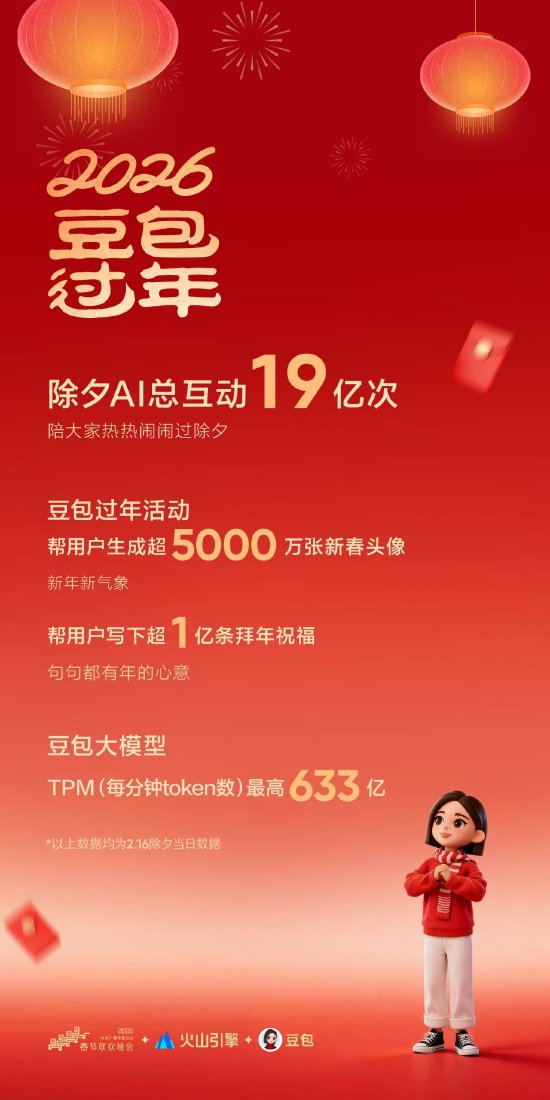In the aftermath of the pandemic, the public healthcare system faces immense pressure, especially in Western countries where the aging population is intensifying. The UK's National Health Service (NHS) often finds itself in crisis, becoming a focal point for the media. In this environment, many private companies, particularly tech-driven firms, have identified significant gaps in the healthcare services market. Against this backdrop, the UK-based proprietary software platform and home healthcare provider Cera announced it has raised $150 million through debt and equity financing to further expand its operations.
This financing round was led by funds from BDT & MSD Partners and Schroders Capital. Although Cera disclosed that most of the funds came from debt financing, it remained cautious about the specific proportions and company valuation. Cera stated that this funding will be used to scale up its platform and enhance its AI-driven home healthcare services.
Since its establishment in 2015, Cera has been optimizing home care and medical services by combining technology and artificial intelligence. The company claims to have made significant progress in applying AI technology and has developed proprietary AI models based on its vast dataset. Cera's AI model predicts health risks for patients by processing unstructured data (such as "patient falls at night"), enabling caregivers to take proactive measures. The application of these technologies has significantly improved patient care outcomes, reduced hospitalization rates and fall rates, and accelerated patient discharge times.

Image Source Note: Image generated by AI, image licensed from Midjourney
Dr. Ben Maruthappu, founder and CEO of Cera, stated: “We are achieving profitability and have made significant progress in how we use our technology and artificial intelligence. We have expanded into more areas of home healthcare and are using AI to help alleviate the pressure on the NHS.”
According to Cera, the company's EBITDA for 2023 is positive, and its free cash flow for 2024 has also seen positive growth, demonstrating its increasingly self-sufficient business model. This has enabled the company to undertake this debt financing, further accelerating its business expansion.
Cera's AI model is now capable of predicting over 80% of fall incidents, with an accuracy of 83% in predicting hospitalizations a week in advance. The application of these algorithms has helped Cera reduce patient fall rates by 20% and hospitalization rates by 70%. Cera claims that its platform is one of the largest home healthcare datasets globally, particularly rich in data from Europe, and the company has successfully applied it across multiple areas, including physical therapy, learning disabilities, physical disabilities, and home mental health services.
Meanwhile, Cera's competitors are gradually emerging in the UK and the US. In the UK, companies like Home Instead and Bluebird Care are using non-proprietary applications, while in the US, Cera's main competitors include Signify Health, CVS Health, and Honor. Maruthappu stated that Cera's AI-driven services offer significant advantages in accuracy and efficiency compared to other companies, which is one of the reasons for its standout position in the market.
Rob Platek, Global Head of Credit at BDT & MSD Partners, remarked: “Cera has achieved strong growth by leveraging technology to provide exceptional care. We believe Cera has the capability to further expand its business and transform the global landscape of home healthcare services.”
Cera also noted that independent analysis conducted by the UK consulting firm Faculty shows that Cera's AI home healthcare model can save the UK healthcare system approximately £1 million per day. As Cera expands and secures financing, the company will continue to focus on bringing more innovations to the home healthcare sector through technology, driving transformation in the UK healthcare system.
Cera clearly aims to avoid becoming a failure case like Babylon Health. Unlike Babylon Health, which attempted to provide healthcare through a simple chatbot, Cera focuses on genuinely enhancing patient experience and medical efficiency through the collaboration of artificial intelligence and professional care teams.









